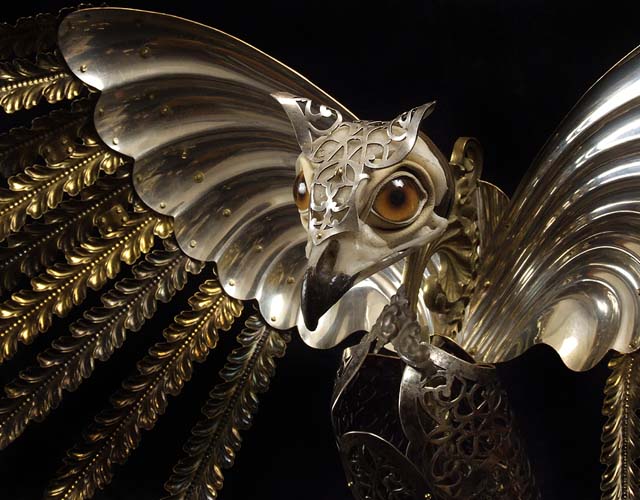no seriously this will be one of the small few philosophical posts I have to deliver and so ... this morning I had a Glastonbury feeling, and not the fling a ragged tent, dented pack of beer and blanket wrap cardigan sort of festival feeling but the feeling I had back in 94' on the brink of the Glastonbury (free) experience; suspended on a 16 foot corrugated metal fence in denim shorts; where there was no time to think about a safety roll to the field down below as another three revellers were making there way up the make shift shoe lace rope (I kid you not). I had a mere split second to think 'tip'.....
That's how I'm feeling - do I tip over into the poetry community, brassy and bolshy - present myself at every 'session' to read aloud, express my words and then onto a Saturday morning share and be subjective group at the local library. This is all that's on offer (or so it seems) but where are the non-poets? Where are the public who just like to be given to: the gentle caressers of words in a scented bath or on a Sunday afternoon to help digest the roast or even the pissed up students who want to rant in rowdy fashion but not in 'Beat' mode or Byron snipe but with the new, the now, the next in line, I am not the nemesis just the light....
Some of what has helped piece my theories together is a book by the American poet Dana Gioia, Can Poetry Matter? (1992). His summarization of what has concluded from the network of professionals teaching creative writing and the growing body of poets themselves has formed a 'new world' within a world where poets read poetry (not such a new theory) and some even go on to become notably qualified to publish many books and papers on the merits, substance and relevance of the craft and who produces the finished article well.
Consequently, the energy of American poetry, which was once directed outward, is now increasingly focused inward. Reputations are made and rewards distributed within the poetry subculture. To adapt Russell Jacoby's definition of contemporary academic renown from The Last Intellectuals, a "famous" poet now means someone famous only to other poets. But there are enough poets to make that local fame relatively meaningful. Not long ago, "only poets read poetry" was meant as damning criticism. Now it is a proven marketing strategy.
(http://www.danagioia.net/essays/ecpm.htm)
Sounds cosy? The question for me is am I pulling out the black ball? In other words how can I get past all this mass congregating bullish tag teams of poets and find a little space to let the public see that they are not obliterated, poetry can still be enjoyed if you don't write it yourself, (newspapers get back in the game please). When I don't want to write I take the gift bestowed upon us from the past and present poets and divulged in glutinous joy.
I am weary of all the poetry competitions that employ the talents of the published elite. They backstroke through the oceans of submissions sinking a few here and casting a pile out to oblivion, the winner carefully watching from the shore dry and home free. This is not the cynic at thought but I find all the inclusion and welcomed diversity a veil of hypocrisy, when the audience is a select committee and the poets of the realm 'unheard' are simply left there to jump up and down trying to catch a glimpse of what the 'real' poets look like.
Look at things differently - if your highly respected as a poet and critic whatever is placed before you
should be a challenge to your sensibilities. Start to read again and enjoy the words, take bold steps out of trendy comfort zones and again read like you read before when it all kicked off in your head and certain poems that struck a cord stayed with you for days, weeks.....
I don't want to write about the seaside for a while, or the clay landscape, or being a woman....all these things are around me, are me but its not quite enough because I can't reach out to an audience beyond the restraints of so many poetical departmental demands.....
BUT I can write a poem about the North, about Lowry's painting Discord(1943)...so I did...and its a good one....







